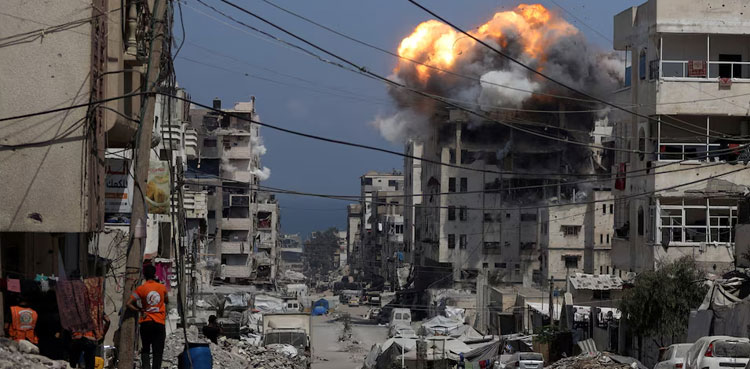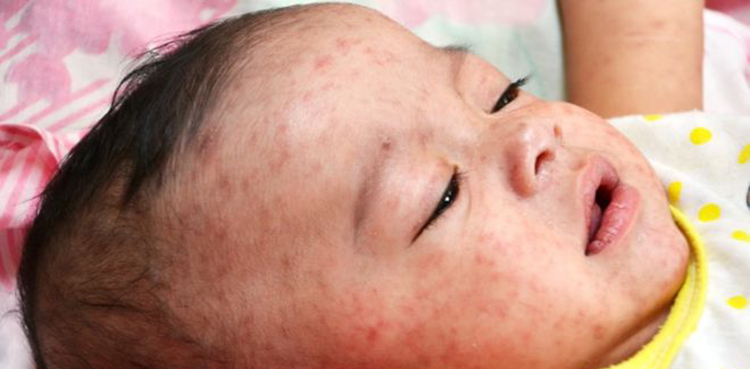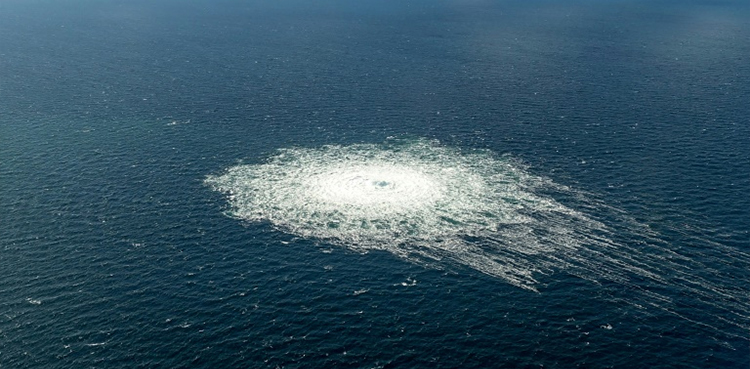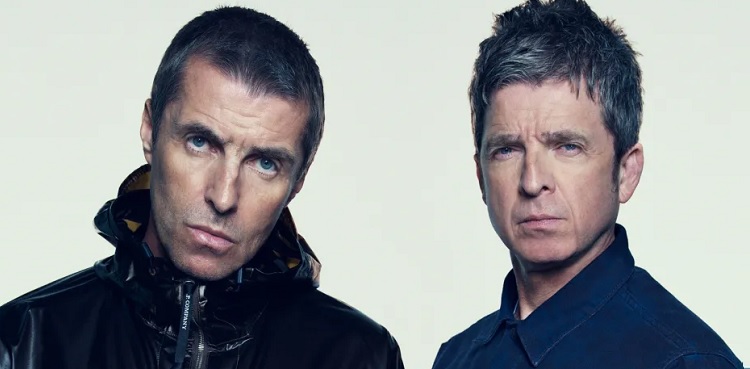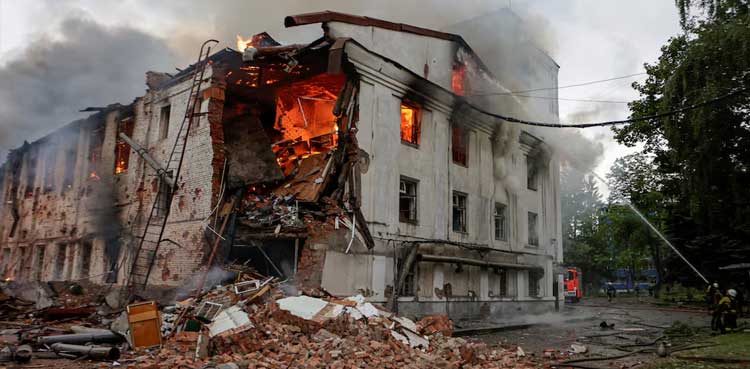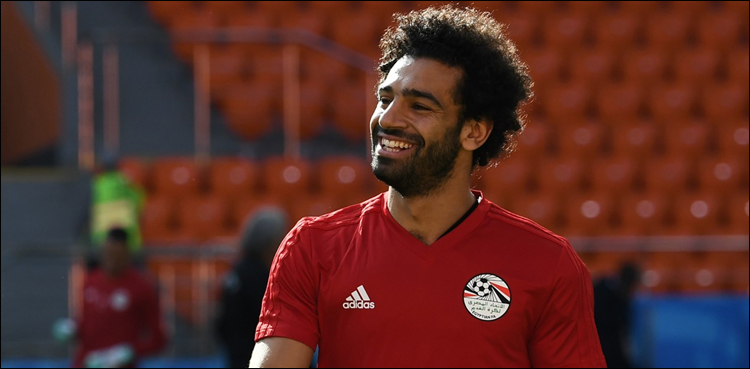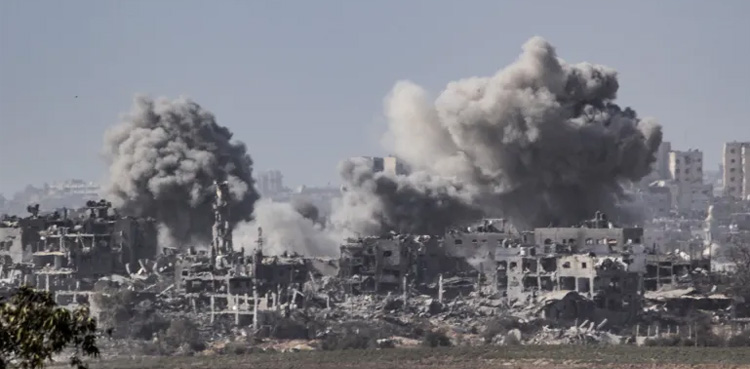Jerusalem: Israeli Defence Minister Israel Katz vowed Friday to destroy Gaza City if Hamas did not agree to disarm, release all remaining hostages in the territory and end the war on Israel’s terms.
“If they do not agree to Israel’s conditions for the release of all hostages and their disarmament, Gaza, the capital of Hamas, will become Rafah and Beit Hanoun,” the minister posted on social media, referring to two cities in Gaza largely razed during previous Israeli operations.
The statement came after Israeli Prime Minister Benjamin Netanyahu said late Thursday that he had ordered immediate negotiations aimed at freeing all the remaining hostages in Gaza.
Netanyahu added that the push to release the hostages would accompany the operation to take control of Gaza City and destroy the Hamas stronghold.
Later Friday, the Rome-based Integrated Food Security Phase Classification Initiative was set to release its latest figures regarding hunger in Gaza.
– ‘Hand in hand’ –
Earlier this week, the Israeli defence ministry authorised the call-up of roughly 60,000 reservists to help seize Gaza City.
“These two matters — defeating Hamas and releasing all our hostages — go hand in hand,” Netanyahu said in a video statement on Thursday, without providing details about what the next stage of talks would entail.
The UN humanitarian agency has warned that the Israeli plan to expand military operations in Gaza City would have “a horrific humanitarian impact” on an already exhausted population.
Mediators have been waiting for days for an official Israeli response to their latest ceasefire proposal, which Hamas accepted earlier this week.
Palestinian sources have said the new deal involves staggered hostage releases, while Israel has insisted that any deal must include the freeing of all the captives at once.
Israel’s plans to expand the fighting and seize Gaza City have sparked an international outcry as well as domestic opposition.
Israel’s offensive has killed at least 62,192 Palestinians, most of them civilians, according to figures from the health ministry in Gaza.
Hamas’s October 2023 attack on Israel resulted in the deaths of 1,219 people, according to an AFP tally based on official figures.
Of the 251 hostages seized during the attack, 49 are still in Gaza, including 27 the Israeli military says are dead.
